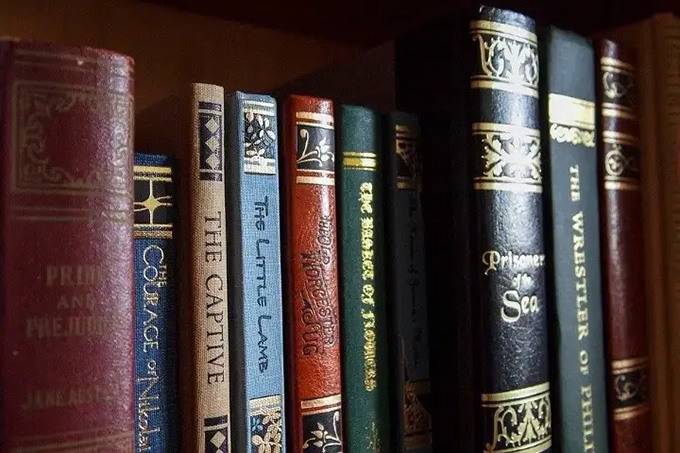
Getting to know the authors who make up our cultural past and who are the basis of the work of new writers and artists has always been part of the Literature subject.
However, currently, there are voices that are raised questioning such a statement. The reasons are varied but fundamentally they allude to the little connection that these works have with the reality of the new generations and also to the difficulty that many students find when it comes to understanding a text.
In this way, the idea of eliminating said texts from the curriculum and school recommendations is spreading, even among some education professionals. Is this the way to go when it comes to training students and future citizens?
Offer the best of culture
Offering children and young people the best of universal culture is offering them the best of our society. Limiting their access is not the path to equality and justice among all citizens. If an advanced society is a fairer and better society for everyone, culture is a fundamental value on this path.
As the classics recede in time from the generations that are going to study them, the question is not whether they should know them, but how to help their understanding and enjoyment.
When in Compulsory Secondary Education and Baccalaureate students are recommended readings that seek to initiate them into high literature, the objective is not to crush them or make them hate the act of reading, but to help them to know the reflections of others before us. Learn about the great thinkers and artists who, in their personal and sometimes very beautiful ways, have spoken and written for us .
A connection to the past
Most of those words from the past continue to question us today because they speak of the same things that worry us, that make us think or that make us laugh and cry.
In a classroom with twenty-five or thirty students, with their differences, their problems, and their family and personal history, the task is not easy.
The key is to change the way you do it and, above all, to evaluate the readings. If you only seek to examine what our students read in the traditional way, what you get is, many times, the opposite of what was sought. That is, they hate everything related to reading.
Cooperative work in the classroom
One formula can be cooperative work: a well-organized and trained group that must carry out tasks, with the help of activities that mix images, videos , explanations and guided reading. As they solve the progressive challenges that are presented to them, they come to understand the original text and enjoy it .
The teacher works from the beginning of the course, both in the group tutorials and in the Literature class, how they can learn together. This is the philosophy of cooperative learning.
As they get used to conversing, listening and doing small jobs together, their ability to solve proposed challenges develops.
Evaluate without exam
This learning cannot be assessed with an exam. Traditional tests are not necessary to find out if students have learned and have managed to progress after the activities carried out. As they have been working, the teacher is collecting the result of the steps they have been taking.
In the end, solving the challenges together has helped them to mature, to be companions and also to meet great writers. To read what they wrote and understand why they did it.
They have known what they thought, what they lived through in difficult times, what they dreamed of and how they struggled to understand a world that was sometimes as complicated as their own.
That is the privilege that literature offers us, and that we must put within their reach.
Author Bio: Ana Cristina Formento Torres is Associate Professor at the Faculty of Education at the University of Zaragoza
